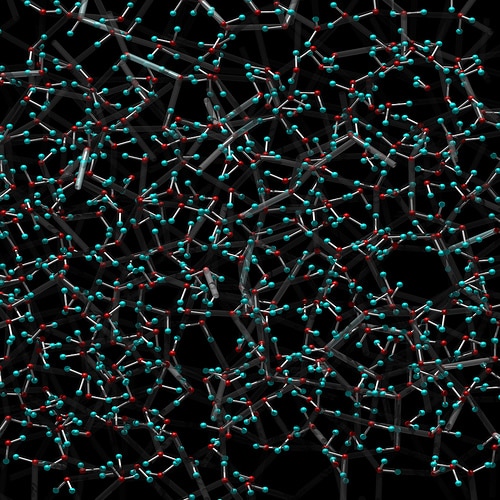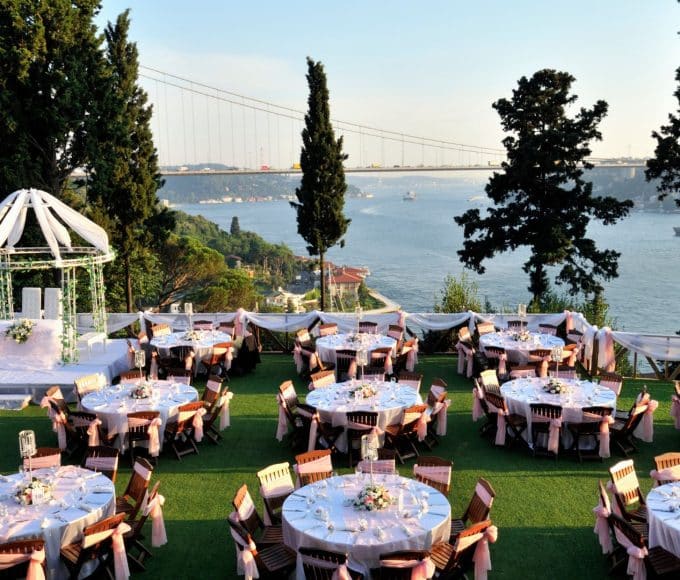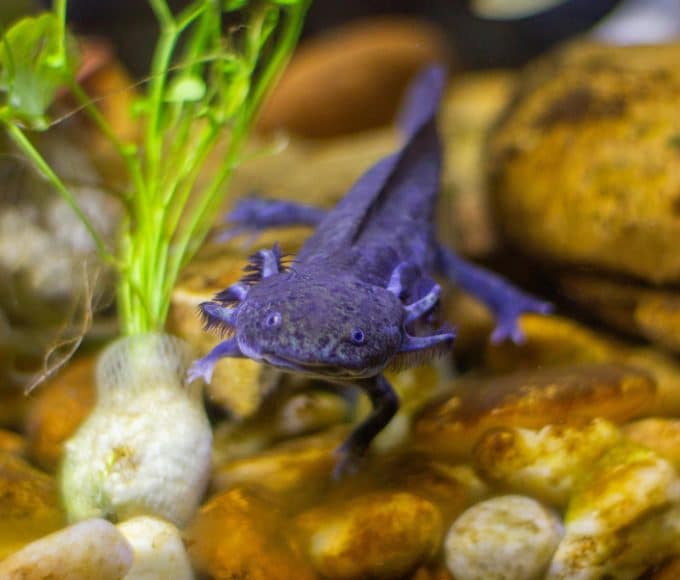You may already know that between 60% and 70% of your body is made up of water and that 70% of your brain is also pure water, but what don’t you know about water?
Supercooled water
You probably thought that when you cool water down to 0°C that it turns into ice, but it may surprise you to know that when you chill extremely pure water, it can go way below that temperature and still remain as a liquid.
Scientists will tell you that this is called supercooling. It seems that the ice crystals needed to turn water into ice require nucleation points to form. Gas bubbles and impurities on the surface of the container create nucleation points. Without them water remains a supercooled liquid well below its usual freezing point.
Once you have triggered nucleation, supercooled water instantly turns into ice. And for those who wish to impress at parties, it’s important to know that the opposite is true. Superheated water stays liquid and doesn’t evaporate even when taken past boiling point.
The phases of water
The majority of people, if pushed during a pub quiz, will be able to name three phases of water as liquid, gas and solid. But there’s much more to water than this. There are actually five phases of liquid water while ice has 14 different phases.
Even supercooled water spontaneously turns into ice at -38° C, but if you keep cooling it, it reaches a stage called ultraviscous which makes it look thick and a little like molasses. If you keep going to -135° C, you will get solid glassy water with no crystal structure whatsoever.
Molecular properties of water
Most people can quote you the chemical formula for water as H2O. During a 1995 neutron scattering experiment, physicists discovered that by aiming neutrons directly at water chemicals they recorded 25% fewer hydrogen protons than they expected.What this means is that the chemical formula for the water was changed to H1.5O – not quite the substance we all take for granted.
The memory of water
Some homoeopathic believers have been trying to prove the healing effects of water even after it is has been diluted. If it still acts in the same way that it did before it had been diluted, surely it is retaining a memory activity?
Scientists have been trying to disprove the memory factor, especially when it is linked to homoeopathic solutions. To date, all they have proved is that a memory does exist, though even goldfish have longer memories. Water memory only lasts for 50 femtoseconds, which is significantly less than one entire second.
Damien Higgins writes for the UK’s No.1 water dispenser supplier, Eden Springs.
















